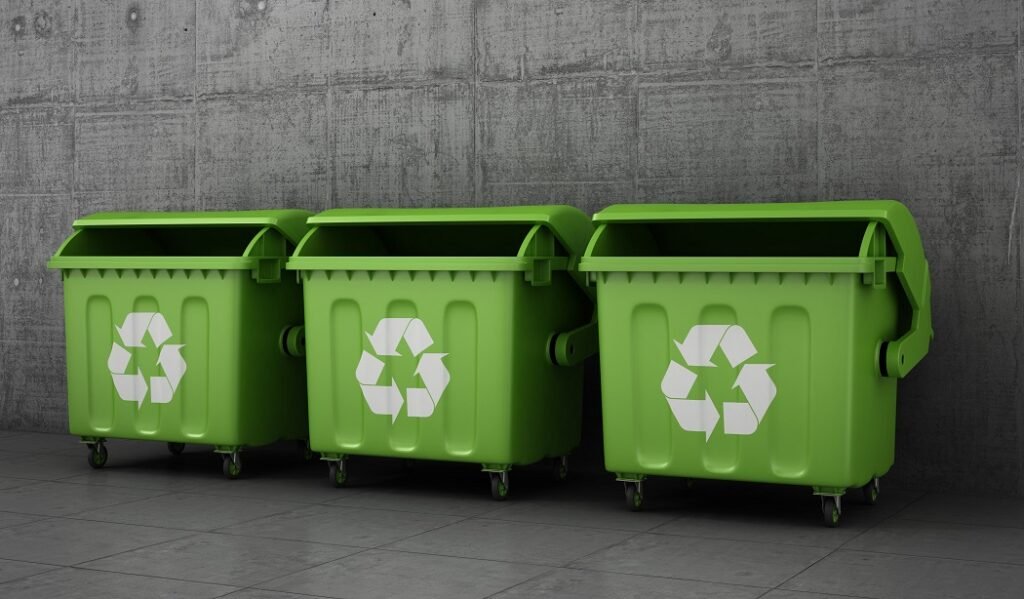On January 10, 2022, the Vietnamese government established the Decree No. 08/2022/ND-CP Detailing a Number of Articles of Law on Environmental Protection 2020 (hereinafter “the Decree”), which came into effect on the same day. Sections 2–4 (Articles 58–73) of Chapter 5 of the Decree specify detailed requirements for storage, handover, transportation, treatment, and other activities in terms of management of municipal solid waste (Articles 58–64), general industrial solid waste (Articles 65–67) and hazardous waste (Articles 68–73). Furthermore, the Ministry of Natural Resources and Environment (MONRE) on the same day established the Circular No. 02/2022/TT-BTNMT on Implementation Rules for a Number of Articles of Law on Environmental Protection (hereinafter “the Circular”). The Circular stipulates lists of industrial and hazardous wastes and formats to be used for management documents.
These Decree and Circular can be downloaded at:
Decree No. 08/2022/ND-CP
https://monre.gov.vn/VanBan/Pages/ChiTietVanBanPhapQuy.aspx?pID=277
Circular No. 02/2022/TT-BTNMT
https://monre.gov.vn/VanBan/Pages/ChiTietVanBanPhapQuy.aspx?pID=276
Municipal solid waste management
Any business entity that generates municipal solid waste of less than 300 kg per day is allowed to treat such waste as household/personal waste according to Article 75 of the Law on Environmental Protection. On the other hand, a business entity that generates such waste of 300 kg or more per day is required to hand it over to any of the following businesses:
- A waste collection and transportation company selected through local government bidding;
- A collection company that has executed a contract with any of the waste transporters selected through local government bidding;
- A collection and transportation company that has executed a contract with a facility for reuse, recycling, or treatment of municipal solid waste;
- A waste collection, transportation and treatment company not selected by any local government;
- A treatment company selected through local government bidding (provided that environmental protection requirements must be met in transportation); or
- A feed or fertilizer manufacturing facility (for food waste).
Identification and classification of general industrial waste and hazardous waste
General industrial waste and hazardous waste shall be identified and classified in accordance with Annex III Form 01 of the Circular. While the previous regulation of the Circular (the Circular No. 36/2015/TT-BTNMT) only provided a list of hazardous waste, the Circular stipulates a more detailed classification method. The Annex III describes classification, hazard information, management codes, physical state and more on the following four types of wastes:
| Type | Symbol |
| Hazardous waste | NH |
| General industrial waste | TT |
| General industrial waste to be reused as raw materials for production | TT-R |
| General industrial waste subject to regulatory control* | KS |
* For mixed waste containing hazardous components, if the amount of hazardous components contained exceeds the allowable limit, the waste shall be classified as hazardous waste (NH), but if not, the waste falls into general industrial waste (TT).
Furthermore, this Annex provides detailed provisions on how to identify wastes that are difficult to classify, including:
- Mixed waste of oil and metals (or plastics);
- transport vehicle;
- Electrical and electronic equipment;
- Used oil, waste chemicals, or solvents;
- Waste asbestos materials;
- Waste derived from animals, plants, food, and agricultural additives; and more
Storage, handover, and transportation of general industrial waste
Those who generate general industrial waste shall prepare a “handover record sheet” at the time of handing over their waste to a collection, transportation and treatment company pursuant to Form 03, Annex III of the Circular. They also shall, in accordance with Article 82 of the Law on Environmental Protection, hand the sheet to a business entity that reuses, recycles, or recovers energy from the waste; or any of the following business entities:
- A manufacturing facility authorized for direct use thereof as raw materials for production, construction, or leveling;
- A manufacturing facility that has adequate co-processing capabilities;
- A treatment facility for general industrial solid waste that has adequate capabilities; or
- A transporter that has executed a written agreement with any facility specified above for acceptance of general industrial solid waste.
In addition, Articles 33 and 34 of the Circular stipulate specific requirements for storage containers and locations and transportation instruments for general industrial waste.
Management of hazardous waste
For those who generate hazardous waste, the major requirements are stipulated as follows:
- The storage period of hazardous waste shall be limited to one year from the time of generation. However, if the waste is to be stored for more than one year because a suitable transporter or processor cannot be found, that must be reported individually to the relevant local natural resources and environment agency or reflected in the annual report.
- Any investment project or facility that falls under Group I, II, or III as defined in Annexes III, IV, and V of the Decree and that generate 1,200 kg or more of hazardous waste per year (or 100 kg or more per month) during their operation shall apply for an environmental license. On the other hand, if the project or facility does not fall into any of the above-mentioned groups, it shall be subject to mandatory environmental registration.
- The previously-used hazardous waste generator registration form has been abolished, and the discharger must declare the type, quantity, etc. of hazardous waste in the environmental license application form (Article 28 of the Decree) or the environmental registration form (Article 22 of the Circular).
In addition, detailed rules on containers, packaging, storage locations, management documents and transportation of hazardous waste are specified in Articles 35–38 of the Circular.
* In order to ensure the compliance of Vietnamese environmental regulations, EnviX offers Environmental Audit Service in Vietnam. Please feel free to contact us:
Contact Form
 Vietnam enacts Decree on Waste Control under the Environmental Protection Law 2020
Vietnam enacts Decree on Waste Control under the Environmental Protection Law 2020 

























